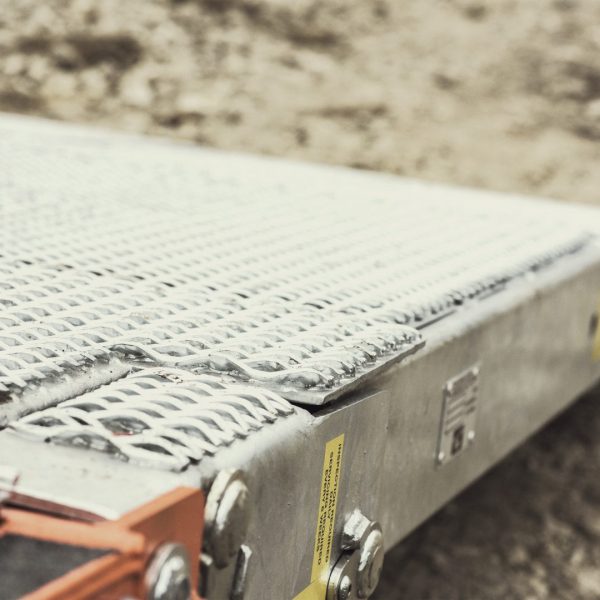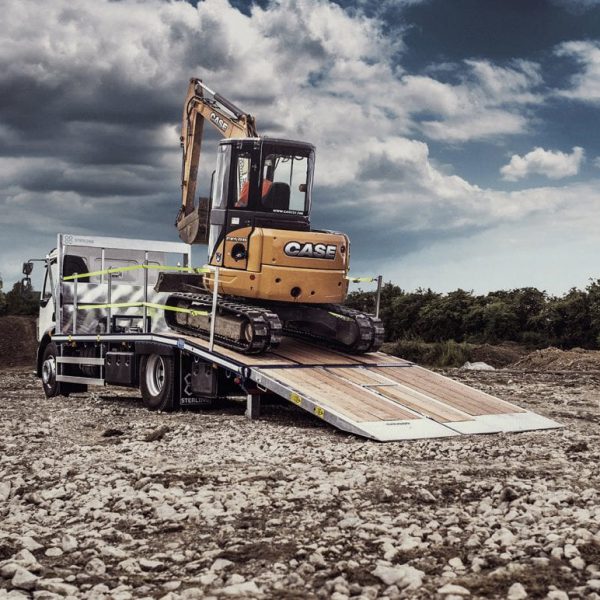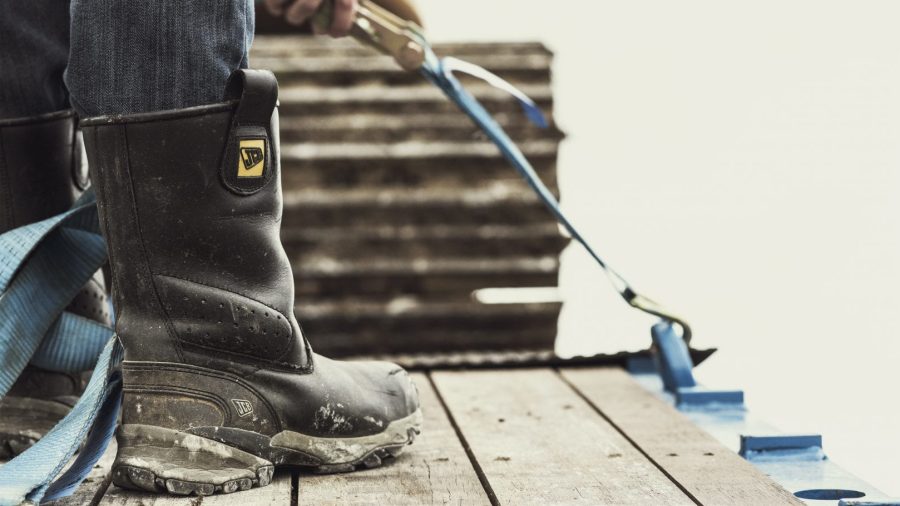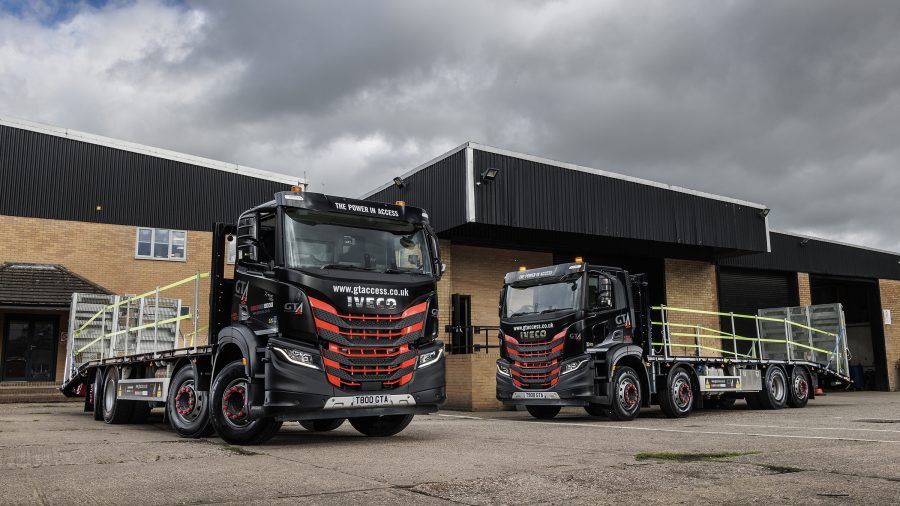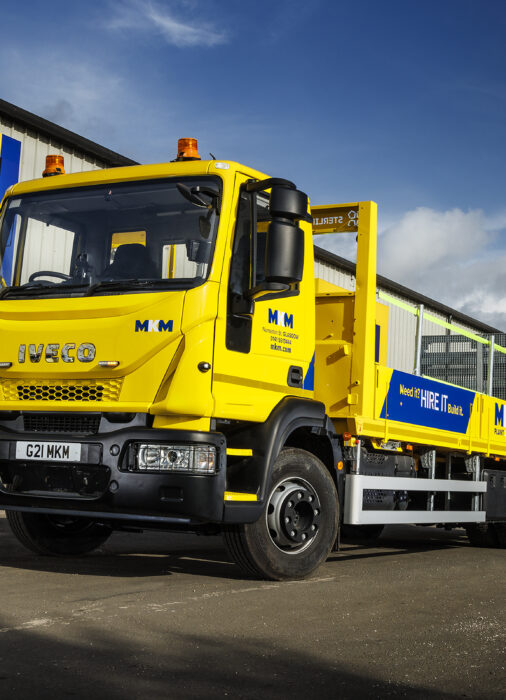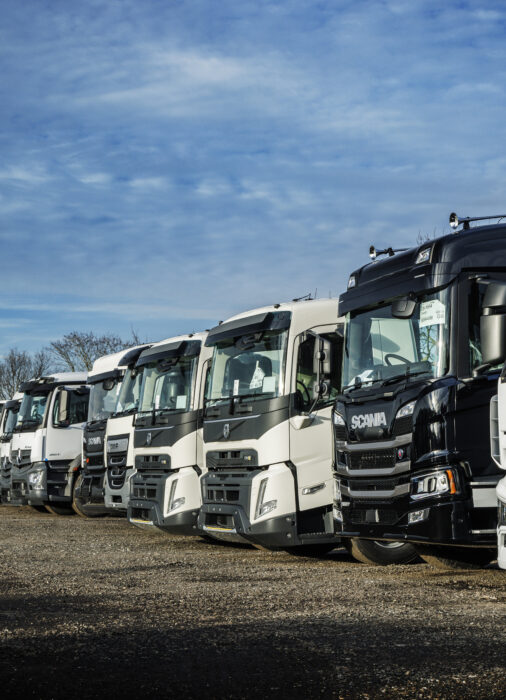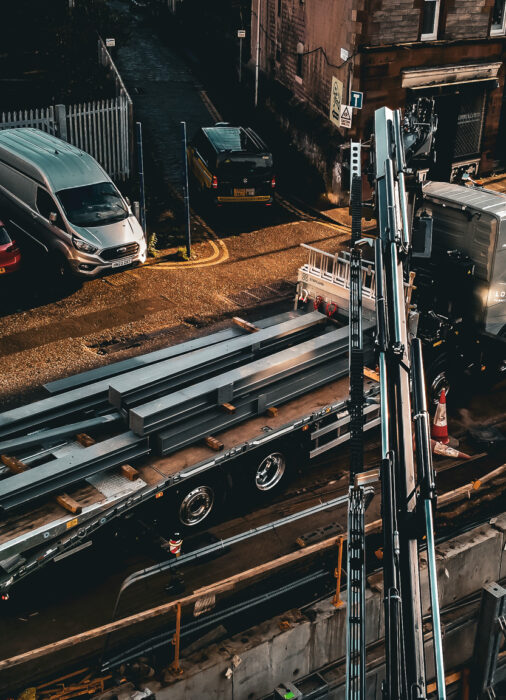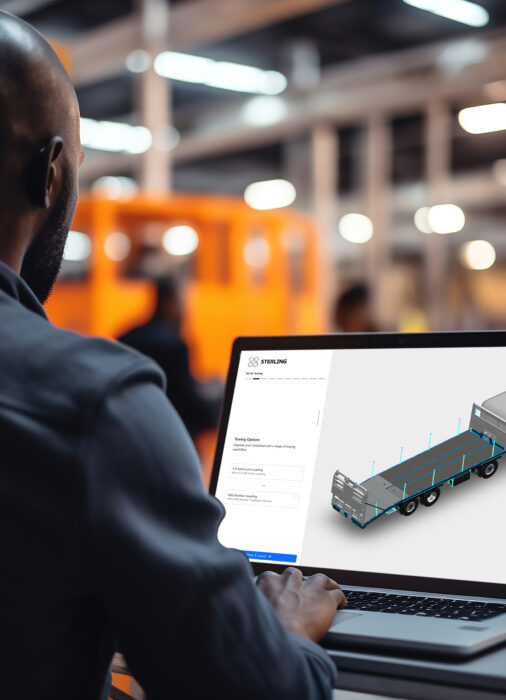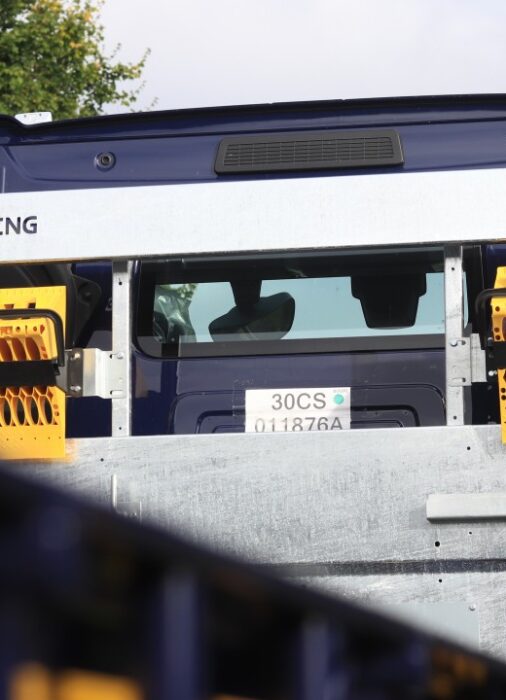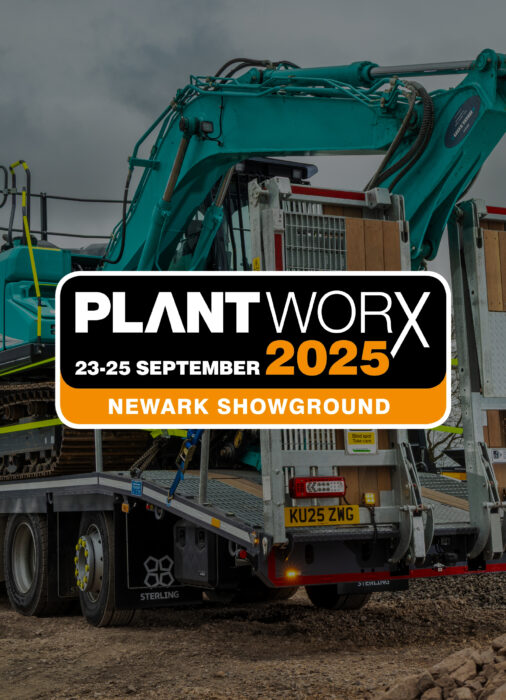Choosing the Right Load Deck and Caring For it
Published on: 4th May 2017
Are you wondering what type of truck deck will be right for you? You already know that you want it to be safe and durable enough to handle some pretty tough situations. But what materials should you choose?
Ask the experts
Sterling is a leading manufacturer of beavertail truck bodies, headquartered in North Yorkshire. We manufacture beavertail bodies for any truck size, from 7.5T to 32T. Each of our individual truck bodies is configured after careful consultation with the client to ascertain their particular requirements. That means choosing a deck is easy when you work through us.
The choice of deck involves more careful thought than most people realize. Our company designs truck bodies for various sectors in the industry, including access, plant hire, accommodation, general haulage, construction, agricultural and forklifts.
Each sector has different requirements for their truck bodies, ramps and decks. Different demands are placed on them, since each sector transports many different kinds of equipment and plant. Our expertise ensures you get the right specification suited to your needs.
Sterling believes that giving the truck the right foundations, the body of the truck is more likely to sustain the heavy wear and tear it receives. Therefore, Sterling uses I-Beam or C-section crossmembers which have a higher resistance to rust than the industry standard of box section. With the resistance against rust, the deck will have more underlying strength for longer than the industry average.
The trucks are built with 300mm spaced cross members, as Sterling standard design compared to the industry average of 400mm, giving the deck far more support, greater point-loading, and reduced deck wear.
What do we consider in helping you choose the right truck deck?
- Payloads for rigid beavertails i.e 3T payload for 7.5T truck, 18T payload for 32T truck
- Decking to accommodate
- Steel tracks
- Rubber tracks
- Tyres, both pneumatic and solid rubber.
- Steel drum rollers
- 3 wheeled vehicles
Each of these factors, have a different impact on the load deck.
Sterling uses 4 different types of decking for truck bodies, or a combination of one, two or three types of decking on one body, to meet the requirements of that operator. Each type of decking has certain characteristics which makes it suitable for each individual application. And, of course, each different type of decking also has different maintenance requirements if you want to maximise its lifespan.
Timber Decking
Timber decking is the most popular choice for truck decks; and the most popular type of wood used is Malaysian hardwood. Whilst long lasting, it has excellent strength to weight ratio. Malaysian hardwood has interlocking grain which is durable, has the same density as Red Oak and hardness rating of White Oak.
The timber deck should be hosed down and swept/brushed on a regular basis, and if showing excessive wear and tear, can be lightly sanded and resealed. Because of its strength and durability, Malaysian hardwood is also used for industrial flooring, warehouses and docks.
Even though this is a popular choice, Malaysian hardwood has a few disadvantages. It becomes very slippery when wet, and is therefore not ideal for hard rubber tyres and foot traffic.
Steel Mesh or Grating
To overcome the problem of slipperiness, some clients prefer to use expanded mesh or a heavy duty steel grating in place of timber. This does improve grip, especially for rubber tyres, but is not suitable for steel tracks, drum rollers.
Sterling Gridlock
To counter the problems associated with timber, Sterling developed a fibreglass composite gridlock mesh deck, to increase grip. This makes this type of decking suitable for all types of rubber wheels and tracks and foot traffic.
The main disadvantage of this product is chipping or cracking from high impact of a hard steel object. However, because of the nature of the composite, it needs no maintenance other than cleaning. Provided operators remain within the parameters it was designed for, this material is incredibly resilient.
Steel Durbar
Steel durbar has extremely high impact strength and is used on decks that carry very heavy weights or usage. It is, however, very slippery and is therefore confined to small areas of the deck that will be subjected to heavy impact and usage. It should be regularly checked for damage to the galvanizing, and if this happens, a suitable coating should be applied to protect it.
And, of course, the ramp
To gain access to the truck deck, Sterling has also developed three basic ramp designs, which can accommodate a variety of needs.
The three different types of Ramps are:
- Straight
- Double Flip
- Cheesewedge
Naturally, ramps will also be covered with one of the different types of decking mentioned above, dependant on the requirements of the client.
Changing your load requirements?
Will your deck sustain a new type of load? Will a change in your business require a different type of deck? Responding to these questions and more forms part of our technical support service.
Sterling has an extensive after sales service team, with 160 service agents throughout the UK, from Cornwall to the Scottish Islands. That means you can call us at any time with any questions you may have. Our support covers truck owners and operators, and we’re from 7am till 6pm for service calls, so why not give us a call? We’re here to help.

